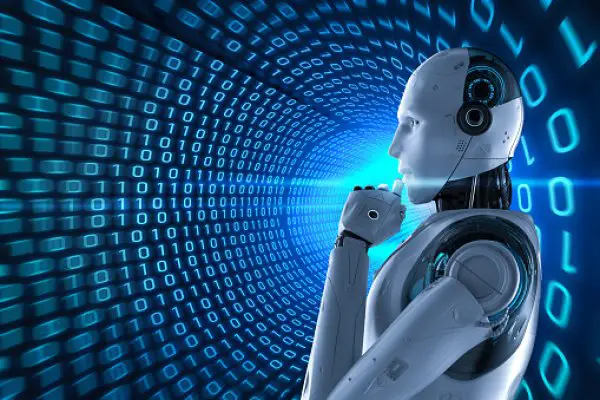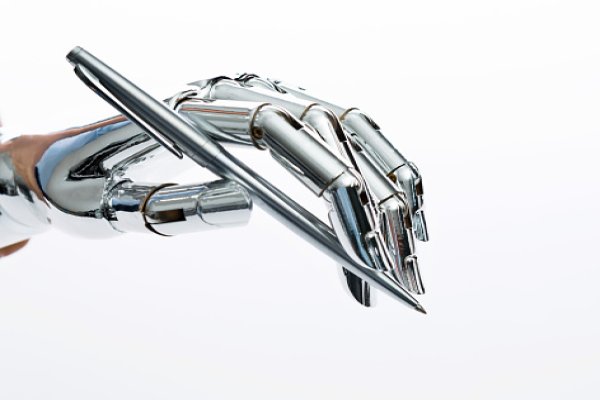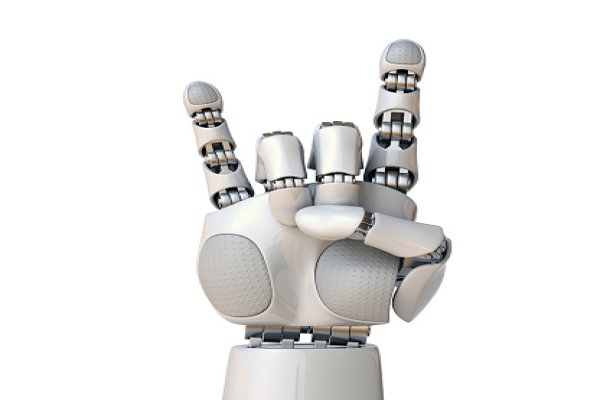The danger posed by GPT-4 artificial intelligence is of paramount significance, as many open-source projects–without suitable guardrails–are being copied, forked, and made available to members of the public. This situation carries the potential for catastrophic consequences in heavily populated areas if left unregulated or unsupervised.
Auto-GPT, a developer-made version of GPT4 that can execute Python scripts, has self-improving capabilities; it can recursively debug, develop, and optimize its code. This is a good turn towards achieving artificial general intelligence through recursive self-improvement.
You can join in pioneering AGI development using Auto-GPT’s free, open-source codebase on GitHub. Engaging with the community can help you play an active role in testing and contributing to revolutionary technology.
My numerous issues with this technique arise mainly due to the potential misuse of generative AI without ethical regulation. For instance, it can create and share worst-case scenarios like child pornography on dark networks. This technology could be exploited for malicious purposes without limits or repercussions.
Recently, a real-life example of AI being potentially used incorrectly has arisen: the creation of ‘AI therapists’ for personal use that lack emotional, ethical, and empathetic capabilities. This type of AI leads individuals to some of their most negative thoughts and emotions.
Open-sourced AI presents a more pronounced danger than centralized or commercial versions. This is largely due to its harder-to-monitor nature, making it extremely difficult for regulators to keep tabs on it properly.
Auto-GPT should not bring about fear. Instead, it is the user who needs to be watched out for. We need to remember our human ingenuity could misuse any AI’s capabilities, regardless of its original intents.
You will no longer be held back from running an open-source version of GPT locally on your machine; this 7Bn LLM version is trained on an immense amount of neat assistant data, including code, tales, and conversations. AI development continues unabated.
No regulator or body charged with understanding and implementing ethical controls will be able to manage the cascading effect of this issue, as it is beyond any form of control.
Every day, new developments emerge and ignite conversations. Developers are either attempting to enhance the capabilities of models or even advocating for the creation of an Artificial General Intelligence (AGI) without being aware of the consequences. Whatever the case, it’s spawning a lot of discussions around AI and its effects.
This theory suggests that releasing OpenAI’s API was a deliberate decision that would enable developers to create their versions of ChatGPT without fully understanding its inner workings and effects when adding new components.
The growing complexity and automation levels of instructions that can be handled and executed are increasing rapidly due to dedicated work from developers other than OpenAI.
Thanks to Stanford U’s Alpaca GPT model, which is remarkably affordable even for hackers, we’ve already achieved the goal of self-improving code. The result? Potentially Fatal cyberattacks – their malicious code designed to continuously improve itself and thus breach your company’s security protocols.
Swarms of GPT-4-level agents, supposedly interacting with each other and memory stores external to them, sans master—how could this be considered a valid route to achieving superintelligence? This hypothesis is downright crazy.
This is only just the beginning. We now see the benefit of text-based generative models, but imagine what will be possible when we get access to a full multi-modal suite with processing capabilities for text, voice, images, video, sound, code, and music – enabling generation in all these categories!
Despite a call for a 6-month moratorium on the development of AI, a worldwide developer community has emerged, rapidly experimenting and releasing versions with zero ethical guardrails in place, rendering the proposed moratorium practically useless.
OpenAI has already beaten Google in this battle as it successfully enlisted an army of willing participants, leaving us to wonder which is worse, the narrow-minded humans or the AI.
To mitigate these risks, it is important to implement robust security measures, evaluate the potential impact of unintended consequences, and take steps to protect your intellectual property. It is also important to ensure that the AI algorithms are fair and unbiased and seek expert guidance and support when necessary.
While open-source AI has benefits, it is important to carefully evaluate the potential risks before embarking on any project. Being proactive and vigilant can help ensure your AI projects are safe, secure, and effective.
Source: theology.substack.com



